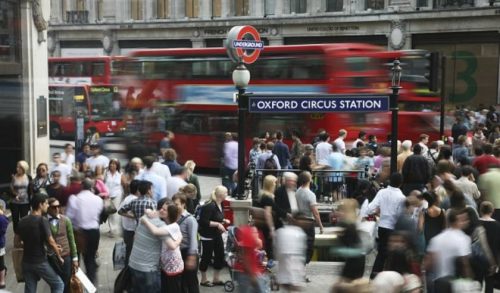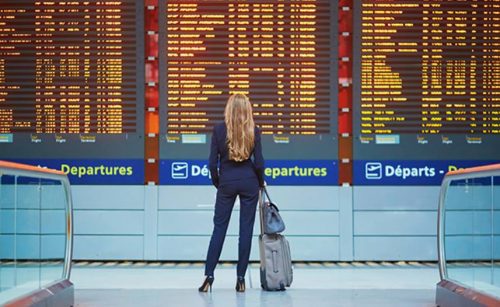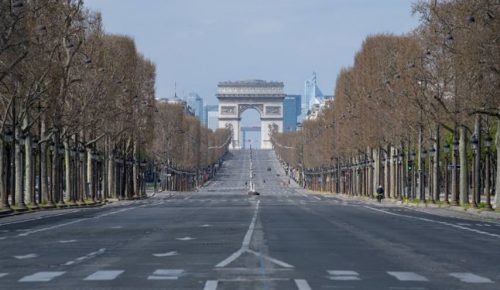WTTC Expresses Condolences to the People of Haiti
https://www.travelfoundation.org/wp-content/uploads/2021/08/wttc-expresses-condolences-to-the-people-of-haiti.jpg 500 294 wttc2 wttc2 https://secure.gravatar.com/avatar/8ceb3c33b6d7e246ff938130ace90a65?s=96&r=g
London, United Kingdom, August 17, 2021 / TRAVELINDEX / Virginia Messina, Senior Vice President WTTC said: “The thoughts of the World Travel & Tourism Council (WTTC), and its Members are with those who have been affected by the terrible hurricane in Haiti which has taken so many lives, and devasted thousands of families.
“We send our sincere condolences to the families and loved ones of all those affected, and a message of sympathy to the Government.
“WTTC and the global Travel & Tourism sector stand beside the people of Haiti and its government during this difficult time.”
First published at TravelCommunication.net – Global Travel News
First published at TravelNewsHub.com – Global Travel News











